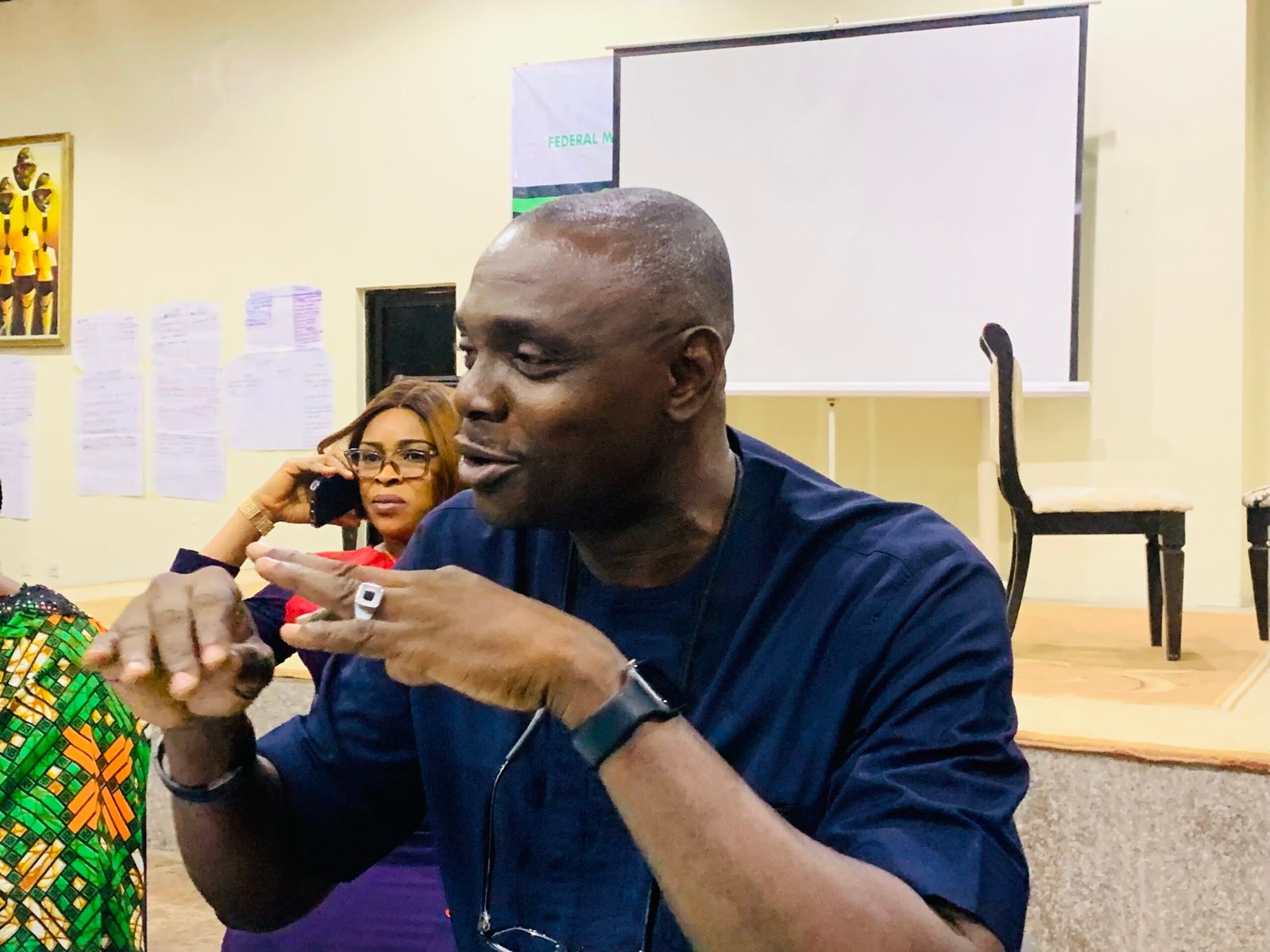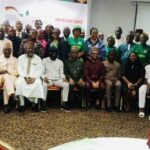AEPB urges vigilance to safeguard sewer lines
By Tosin Kolade
The Abuja Environmental Protection Board (AEPB) has cautioned residents of the Federal Capital Territory against improper waste disposal practices posing threat to the integrity of the city’s sewer system.
Mr Ndidi Emma-Agbodike, Assistant Director at Wupa Basin Treatment Plant, AEPB, issued the warning on the sidelines of the National Workshop on Safely Managed Sanitation, in Abuja on Wednesday.
He said residents should refrain from dumping solid waste into sewer manholes which were provided to serve as crucial channels for sewage flow and prevention of spillage.
According to him, improper waste disposal practices is becoming alarming in the territory, thereby increasing the level of blockages of the sewer system.
“Such actions have dire consequences, as the waste and remains do not reach the treatment plants, necessitating additional efforts for removal.
“Once it starts to rain, people tend to disregard the consequences of their actions, exacerbating the problem. This not only obstructs the sewer lines but also poses a threat to the overall environmental health of the region,” he said.
Emma-Agbodike said the practice have caused extensive damage along sewer lines, as such it was critical for the public to stop the practice and cooperate with the AEPB to ensure proper functioning of the sewer system.
According to him, the AEPB is considering educational and awareness campaigns to enlighten residents about responsible waste disposal practices to address the problem.
He emphasised that fostering a sense of responsibility within communities would help authorities to curb the current threats to the FCT sewer infrastructure.
The director urged the private sector to invest in waste disposal, treatment and management in the territory, including the provision of bio-digesters for effective waste treatment.
The News Agency of Nigeria reports that the workshop brought together stakeholders from national and subnational levels, development partners and the private sector to explore ways of achieving universal and sustainable access to sanitation.
Nigeria is currently off-track to meet the Sustainable Development Goals (SDGs) for Water, Sanitation and Hygiene (WASH) by 2030.
The WHO/UNICEF Joint Monitoring Programme estimates that sanitation coverage needs to quadruple for Nigeria to achieve universal access to safely managed services by 2030. (NAN) www.nannews.ng
Edited by Maharazu Ahmed
Published By
- Agriculture and Environment Desk Controller/Website Content Manager.








